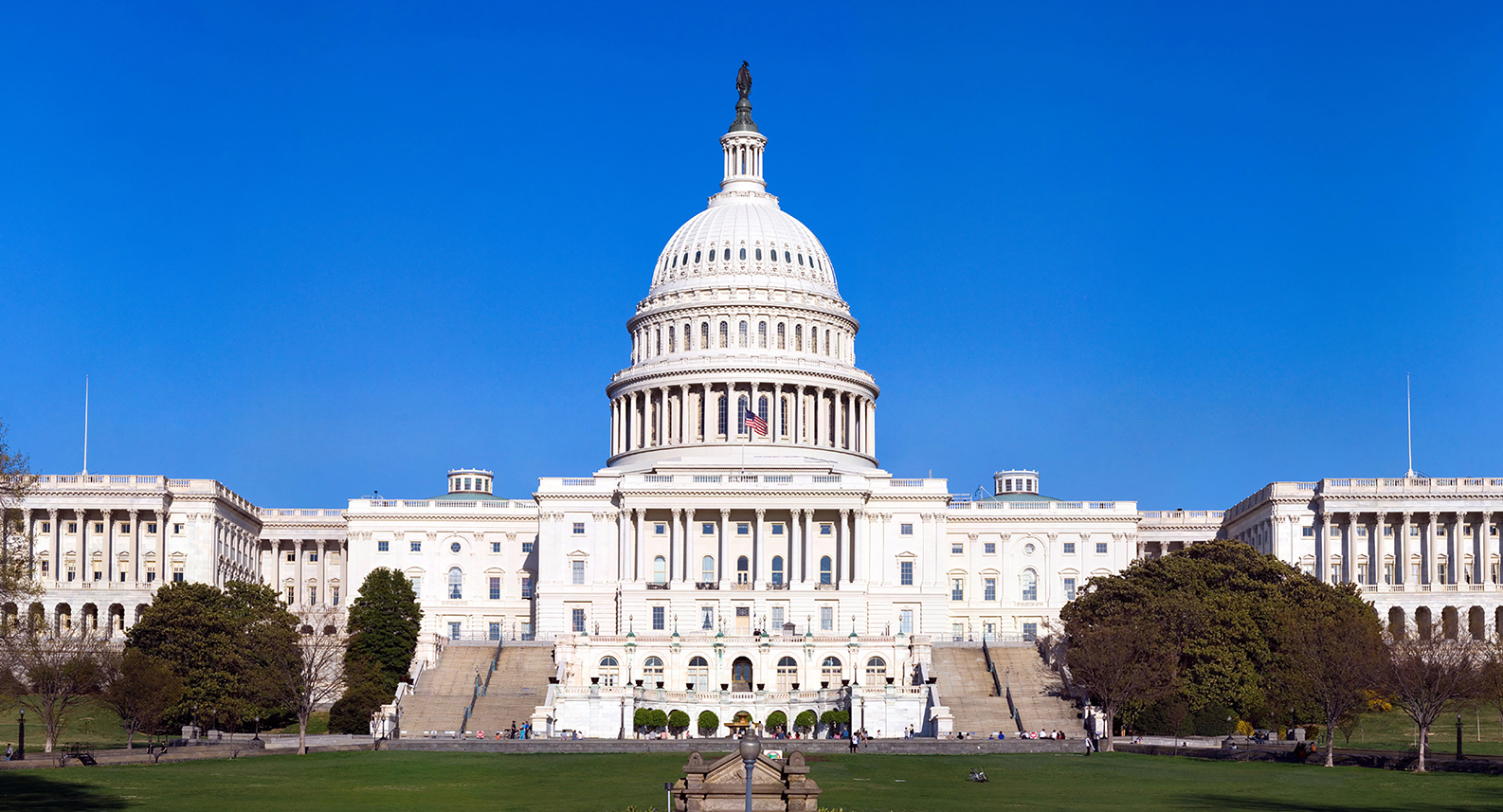
WASHINGTON (BP) — The Southern Baptist Ethics & Religious Liberty Commission is urging Congress to encourage charitable giving in its immense coronavirus relief bill.
 The Senate failed Monday (March 23) for the second time to approve a procedural vote to bring an economic package that will reportedly cost between $1.6 trillion and nearly $2 trillion to the floor for debate and a vote. The procedure, known as invoking cloture, requires 60 votes, and the latest roll call in favor was 49-46. A cloture vote Sunday (March 22) failed 47-47.
The Senate failed Monday (March 23) for the second time to approve a procedural vote to bring an economic package that will reportedly cost between $1.6 trillion and nearly $2 trillion to the floor for debate and a vote. The procedure, known as invoking cloture, requires 60 votes, and the latest roll call in favor was 49-46. A cloture vote Sunday (March 22) failed 47-47.
Sen. Doug Jones of Alabama was the lone Democrat to break from his party to vote for cloture March 23, one day after voting against it.
The ERLC endorsed an amendment introduced Sunday (March 22) by Sen. James Lankford, R-Okla., to increase dramatically the limit to the charitable giving deduction in the Coronavirus Aid, Relief and Economic Security (CARES) Act. The proposal by Lankford, a Southern Baptist, would boost the cap this year from $300 to one-third of the standard deduction, which would be $4,000 for a person filing individually and $8,000 for a married couple filing jointly.
The ERLC and other organizations have expressed concerns the coronavirus (COVID-19) pandemic will markedly reduce giving to churches and nonprofits. Many houses of worship and charities could close as a result, they have predicted. The spread of the virus has resulted in the widespread cancellation of worship services of Southern Baptist and other churches the last two Sundays. Although many churches have begun streaming services online, giving is expected to decrease while churches are not meeting in person.
On the day Lankford introduced his amendment, Russell Moore, the ERLC’s president, requested senators support it.
“We need dramatic action because without it many nonprofits will be forced to close,” Moore said on Twitter. “We must encourage Americans to give generously to the charities and houses of worship that strengthen our communities and care for our nation’s most vulnerable.”
On March 19, Moore had called for a more expansive step than Lankford’s amendment requests. In a letter, he urged leaders of the Senate and House of Representatives to extend the charitable deduction to all taxpayers for two years. When the Universal Charitable Deduction (UCD) was not included in the Senate version, the ERLC endorsed Lankford’s amendment.
After the March 23 vote, Travis Wussow, the ERLC’s vice president for public policy, said the entity is “actively engaging senators and their staffs to voice the ERLC’s strong support for a two-year, unlimited [UCD]. Propelling American generosity is a top priority for the ERLC during this crisis. We need churches and charities now more than ever to strengthen our communities and care for the vulnerable.”
GuideStone Financial Resources, the SBC’s health and financial benefits entity, also has called for federal action that aids churches during the pandemic.
“We have written the Administration in an effort to advocate for our churches and their needs during these historic days,” GuideStone President O.S. Hawkins said in a written statement. “We are monitoring and will speak in support of legislation that will benefit churches and pastors alongside our Southern Baptist partners and the Church Alliance, a broad coalition of large and historic denominational benefit boards.”
When Lankford introduced his amendment, he said in written comments, “There is a role for government in a crisis, and there is an even stronger role for our non-profits, churches, and community organizations who are the boots on the ground” helping Americans.
Lankford urged other senators to support his amendment “to encourage Americans to give more to [nonprofit organizations] in our communities as they continue to support our nation’s vulnerable individuals and families in need.”
In his March 19 letter, Moore told congressional leaders the 2017 Tax Cuts and Jobs Act, which doubled the standard deduction, resulted in most Americans no longer itemizing their deductions. The number of Americans who itemize has dropped, causing many nonprofits to be concerned contributions will decline, Moore said.
A UCD “would incentivize all taxpayers, not just those in upper income brackets who itemize their deductions,” Moore said in his letter. “Our government should welcome the generosity of all citizens — at all levels of income — who desire to help their neighbors through religious associations, educational institutions, and any organization that relieves poverty.”
More than 700 nonprofit organizations have endorsed Lankford’s amendment, his office said March 22. According to the statement, they include not only the ERLC but Bethany Christian Services, the National Association of Evangelicals, World Vision, Family Research Council, Association of Christian Schools International, Union of Orthodox Jewish Congregations of America, Red Cross and United Way.
The bipartisan co-sponsors of Lankford’s amendment, as of March 22, are Democratic Sens. Chris Coons of Delaware, Amy Klobuchar of Minnesota, and Jeanne Shaheen of New Hampshire, as well as Republicans Mike Lee of Utah and Tim Scott of South Carolina.
















